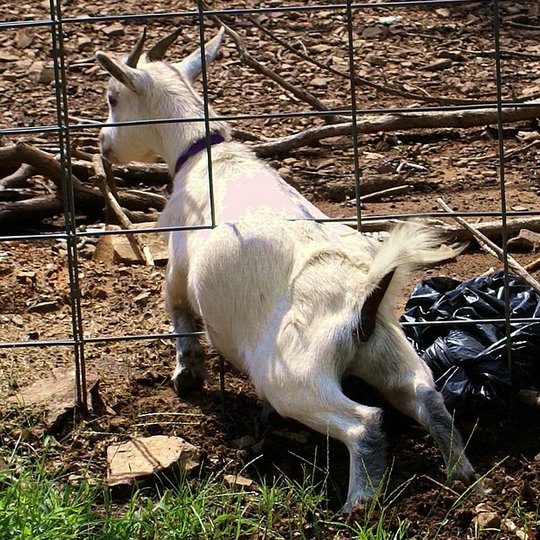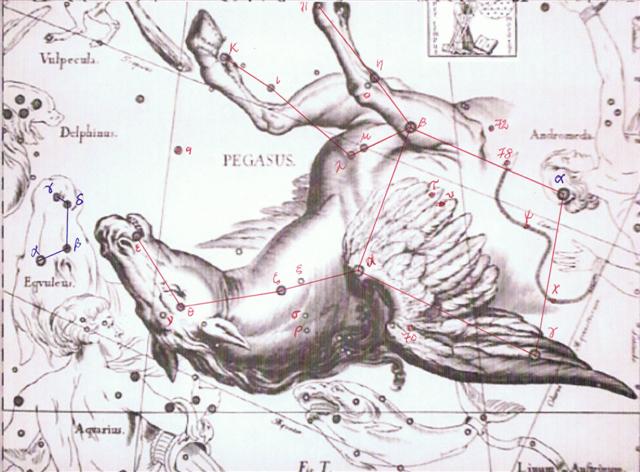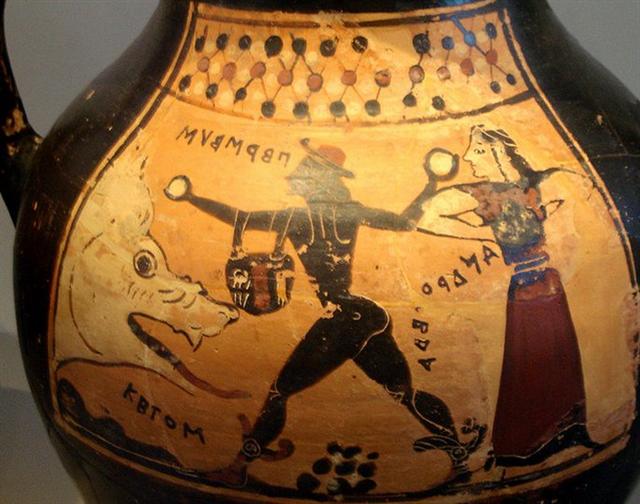Ba3.8 The king waits (ariki noho) so to say in the fruit (hua). Noho. 1. To sit, to stay, to remain, to live (somewhere), to wait; ka-noho, you stay! (i.e. 'good-bye', said by the person leaving). 2. Figuratively: he noho te eve, to be calm, at peace; he noho te mana'u, to concentrate on something, to fix one's attention on; ku-noho á te mana'u o te tagata ki ruga ki te aga, the man thinks constantly of his work. Vanaga. Seat, bench, dwelling, marriage, position, posture, situation, session, sojourn; to sit, to dwell, to reside, to rest, to halt, to inhabit; noho hahatu, to sit cross-legged; noho hakahaga, apathy; noho heenua, countryman; noho kaiga, native; noho kenu, married; noho ke noho ke, to change place; noho muri, to stay behind; noho noa, invariable; noho opata, to stand on a cliff; noho pagaha, badly placed; noho pepe, table; noho tahaga, bachelor, unmarried; noho vie, married, noho no, apathy, stay-at-home, colonist, idler, inhabitant, inactive, immobile, settler, lazy, loiterer. Hakanoho, to abolish, to rent, to lease, to enslave, to dissuade, to exclude, to exempt, to install, to substitute, hostage. Hakanohohia, stopped. Nohoga, seat. Nohoturi, to kneel, genuflexion. Nohovaega, to preside. Churchill. In the Pleiades there are 6 'stones' (Tau-ono) ... The Mahabharata insists on six as the number of the Pleiades as well as of the mothers of Skanda and gives a very broad and wild description of the birth and the installation of Kartikeya 'by the assembled gods ... as their generalissimo', which is shattering, somehow, driving home how little one understands as yet. The least which can be said, assuredly: Mars was 'installed' during a more or less close conjunction of all planets; in Mbh. 9.45 (p. 133) it is stressed that the powerful gods assembled 'all poured water upon Skanda, even as the gods had poured water on the head of Varuna, the lord of waters, for investing him with dominion'. And this 'investiture' took place at the beginning of the Krita Yuga, the Golden Age ... followed by 3 (Alcyone, Pleione, and Atlas). This could be expressed neatly as 6 3 implying 6 * 10 + 3 * 1 = 63, i.e. 9 weeks, which could explain why it had been decided to put the Gate of Hyadum nine weeks after 0h.
And then we can guess the 9 'dark stones' which Perseus with his Sun hat walked over represented these 9 weeks (as counted from Andromeda):
|
||||||||||||||||||||||||||||||||||




